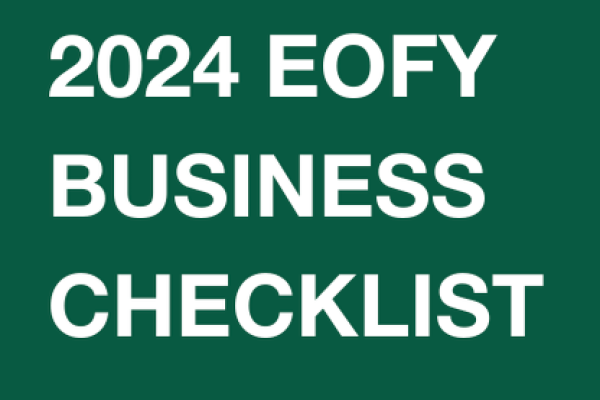The main residence exemption allows your main residence to be fully or partially exempt from capital gains tax, meaning you are not taxable on any gains or losses that arise from the sale of your main residence.
You can only consider one property as your main residence at a time and this choice only needs to be made in the period the property is being sold in. A vacant block cannot be considered as a main residence and usually you cannot claim the main residence exemption if you move out.
However there are some situations where you can consider a property your main residence even if you have moved out. This can only be done if you own both the property claiming the exemption and the property you currently live in. Examples of these situations include moving from one main residence to another (can claim up to 6 months) and not using the property to produce assessable income (can claim indefinitely).
If the property is used to produce assessable income, the six year rule applies. This means that if you have moved out and the property is used to produce assessable income, you can treat the property as your main residence for up to six years of moving out. However if you move back in during this 6 year period then rent it out again, the six year limit is reset.
For more information on the main residence exemption, please refer to the following links:
- Circumstances that indicate a partial or full exemption: https://www.ato.gov.au/general/capital-gains-tax/your-home-and-other-real-estate/selling-your-home/#Selling_your_home_FullExemption
- Treating a property as your main residence after moving out:https://www.ato.gov.au/General/Capital-gains-tax/In-detail/Real-estate/Treating-a-dwelling-as-your-main-residence-after-you-move-out/



